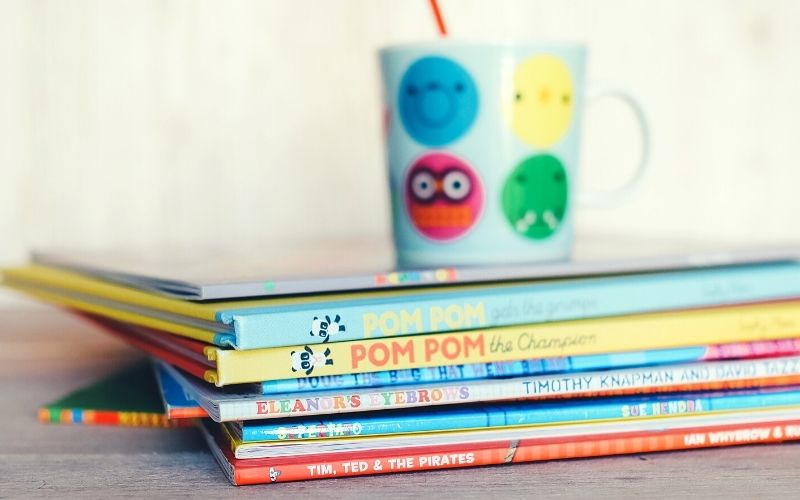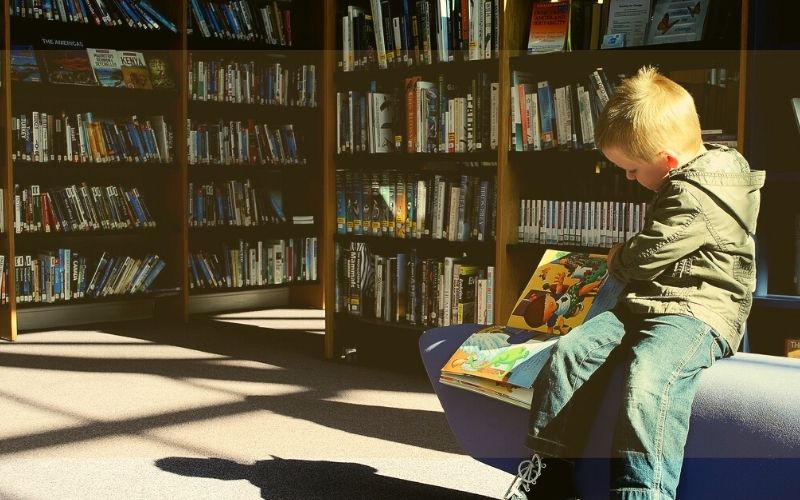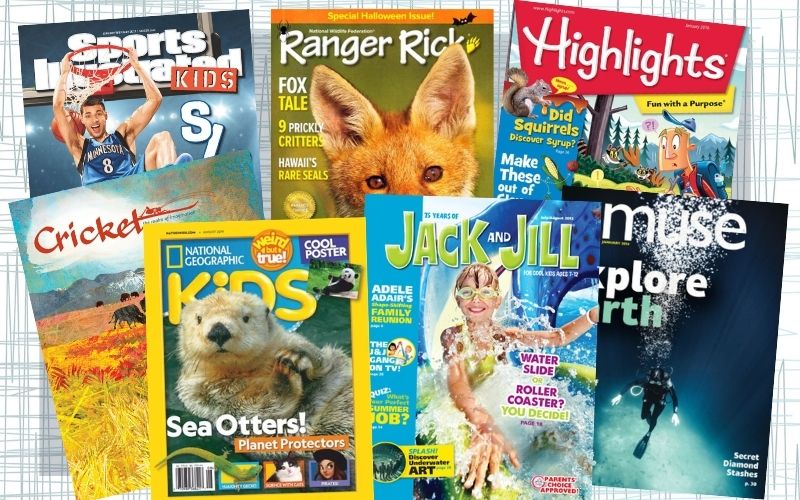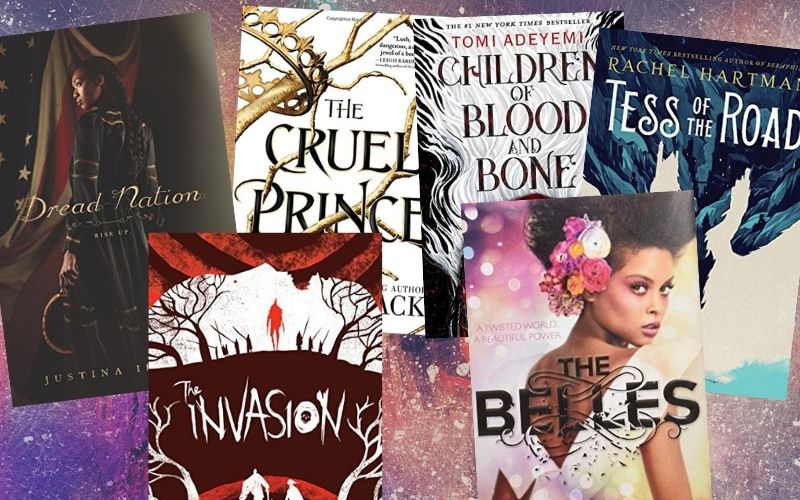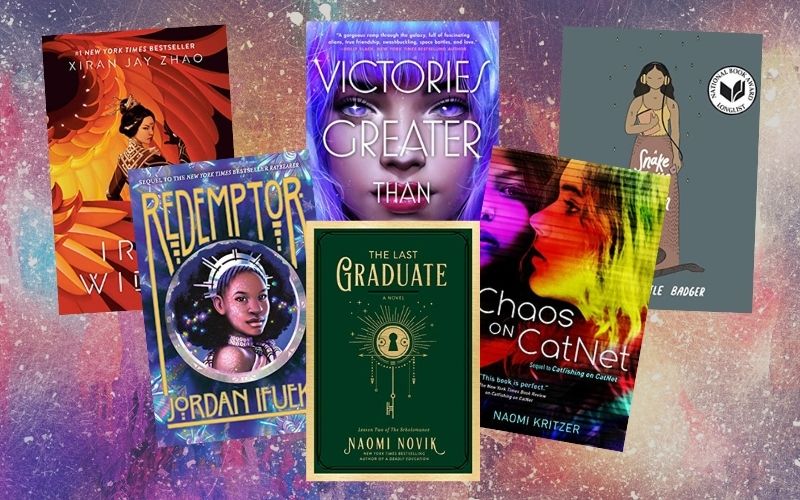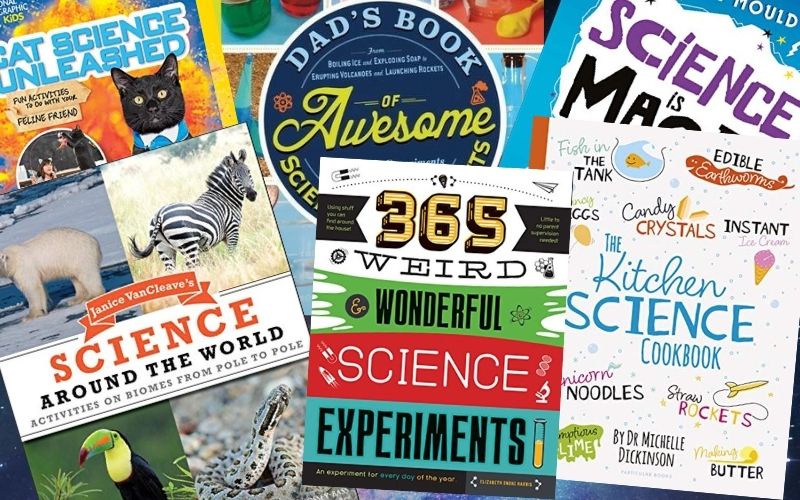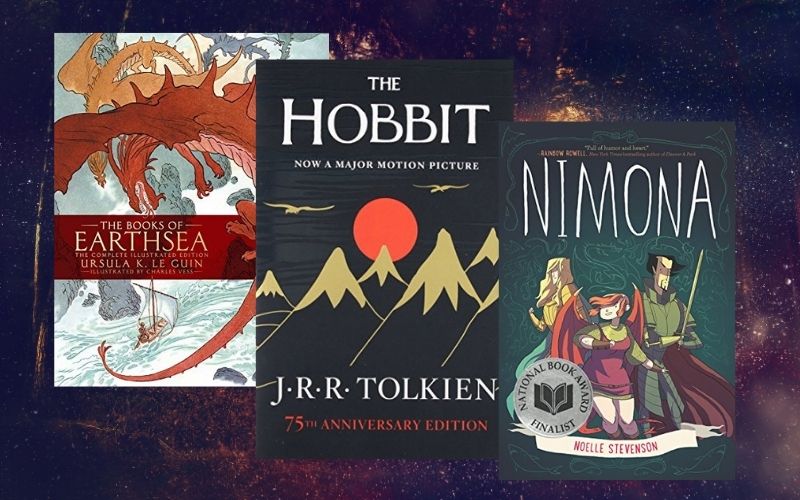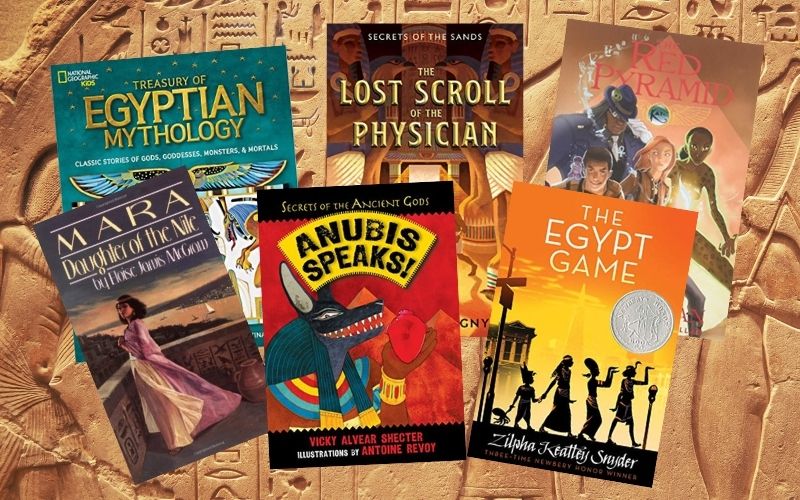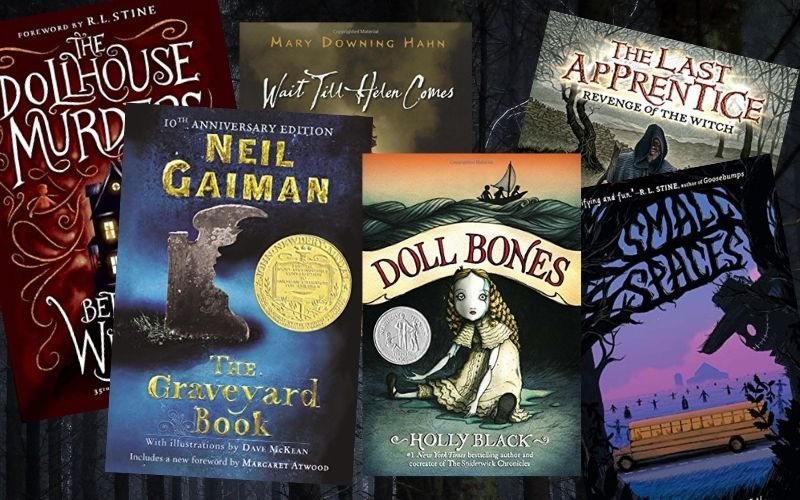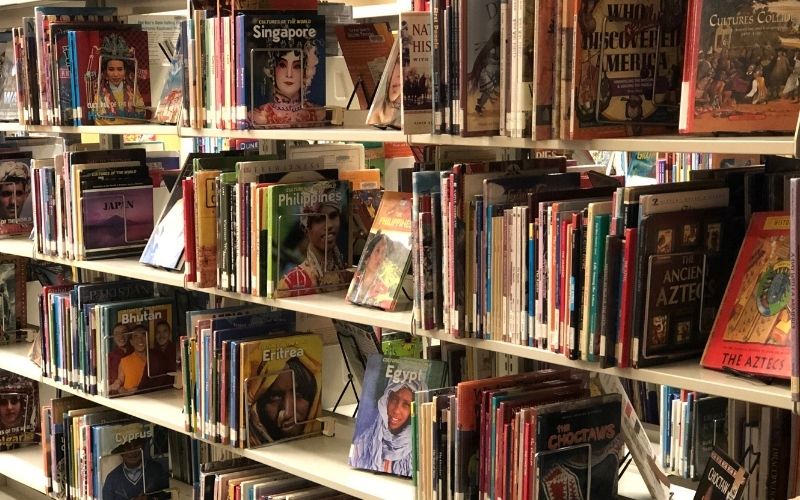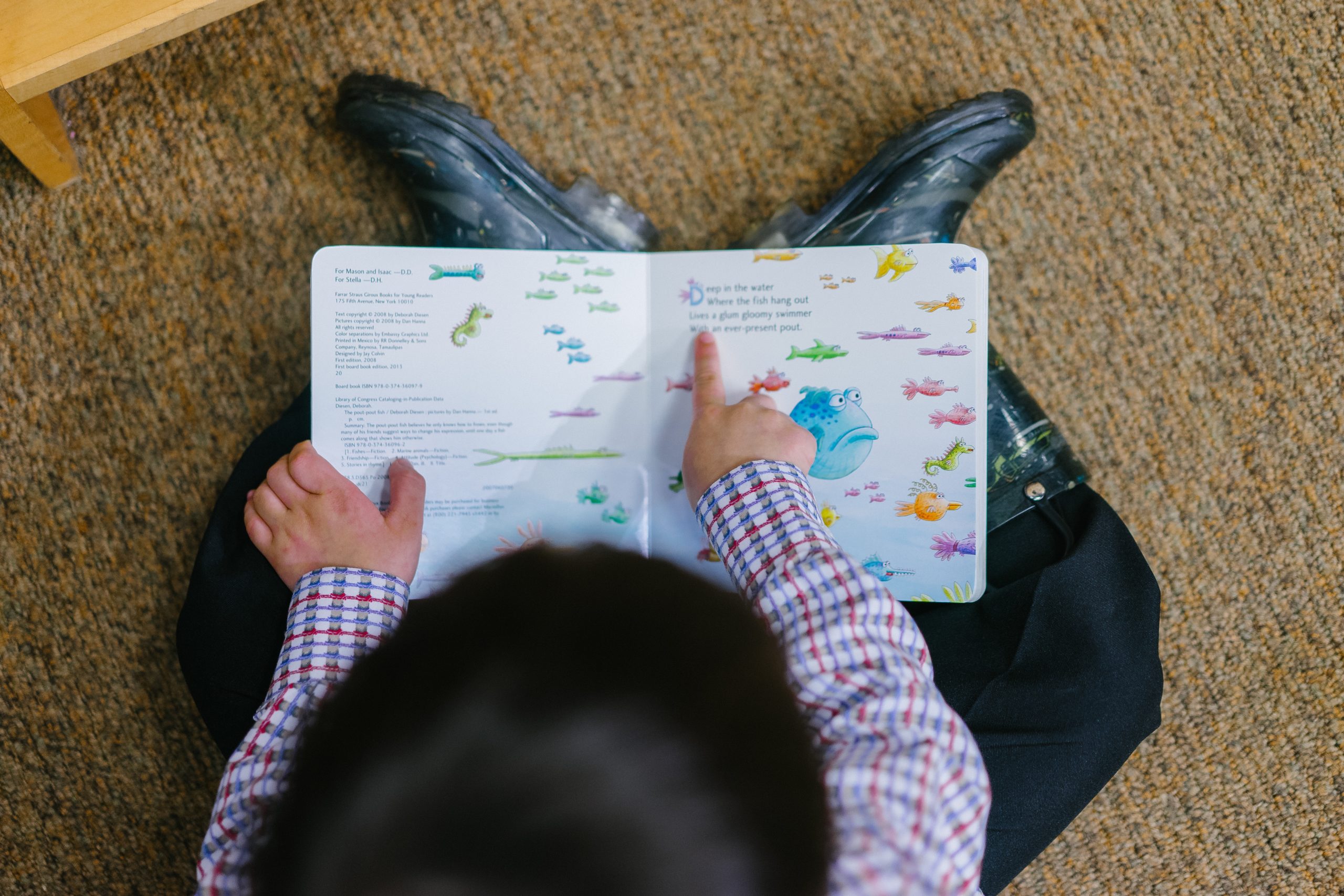-
How to use the Dewey Decimal system to find books kids want to read
One of the things that trips up library visitors is navigating the Non-fiction section. Fiction books are (generally) easy: they’re organized by the author’s last name! But non-fiction books? The non-fiction section is the MOST mysterious area in the entire children’s library…and it’s all because of the numbers. Instead of being organized by title or author, non-fiction books are organized by subject! And those subjects are organized into blocks of numbers. This organizational system is called the Dewey Decimal System, named after the guy who came up with it, Melvil Dewey. Mr. Dwey’s system isn’t very intuitive or easy to use, and it can scare away readers– which is why…
-
What is a reading log, and how do you use it?
One of the best tools in a reader’s toolkit is the reading log. If you’re working on creating good reading habits in your child’s life, then a reading log is a wonderful companion to go along with that. What is a reading log? A reading log is a list of books that a reader has completed— also sometimes called a book journal. It can be as simple as a list of title written on a piece of paper, or as complicated as an intricately-tagged Goodreads shelf. However they’re done, reading logs are a great addition to any book lover’s toolkit. You might already be familiar with reading logs as part…
-
Get kids reading with these 12 amazing magazines for ages 6-14
One of my go-to suggestions for families with reluctant readers is to try different kinds of reading. Not just reading books, but all kinds of text. Studies show that the more printed materials that are available to kids, the better they’ll do in reading, writing, and math skills. This means not just overloading on books, but also making sure magazines, newspapers, and comics are readily available. Use magazines to boost reading! *This post contains affiliate links. Read our full disclosure policy here. I particularly like magazines because they’re designed to entertain kids. That means they’re well-written, nicely formatted, have excellent photos and illustrations, and are pretty solidly aimed at a…
-
Books for teens & tweens who love Dungeons & Dragons | Reading List
Updated June 25, 2021. Dungeons and Dragons, a tabletop roleplaying game where a group of friends work through a storyline featuring adventure, action, mystery and monsters, has had a resurgence in popularity. It’s not just 40-something adults who enjoy playing the same (which started in the 1980s), but teens and even tweens are super into it. My library has a very popular monthly D&D program, and several of the schools nearby have after-school D&D clubs running. Part of the popularity amongst teens comes from sources like Stranger Things, the Adventure Zone podcast and Critical Role Youtube channel– but it’s sustained throughout the years by how FUN it is to play!…
-
15+ Science Fair Books for Elementary School Students (Ages 8-12) | Reading List
Twice a year, usually in early spring or early fall, elementary and middle school students come to my library to find science fair books. Usually these are books with pre-written science experiments that they can follow and enter in their school’s science fair. It’s a good way to get started with learning how to set up a science experiment, run trials, and extrapolate results to present to a group of people. However, there’s a snag: most school science fairs have either banned or strongly encouraged students to NOT do the standard science experiments like growing sprouts, erupting volcanoes, or shooting light through a crystal. And honestly, most kids don’t want…
-
What to do if your kids HATE reading: Advice for parents of reluctant readers
As a children’s librarian, I spend a lot of time helping families find books– but what about when a kid doesn’t WANT any books? Every suggestion shot down, every title rejected with barely a glance, award winners and popular authors ignored like yesterday’s oatmeal. Yup, I meet a lot of reluctant readers, and their confused and unhappy parents. “My child used to LOVE to read books. They used to read every day and now they read…nothing.” Or: “My kid is more interested in video games than in books, but his teacher says he MUST get his reading score up or he’ll have to go to summer school.” Or sometimes it’s…

